Anglers who limit their catches in the interests of conservation run the risk of a fishing prosecution. If you go down to the coast today, you’ll find tens of thousands of anglers on beaches, piers, jetties and small boats casting a line into the sea. One of the advantages of a mild December is that bass, which traditionally head for warmer waters at this time of year, are still in plentiful supply.
That’s not just a bonus for recreational fishermen, but also for charter skippers like Neil French, who operates the 40-foot Spirit of Arun out of Littlehampton, in West Sussex. He relies on keen anglers to make his living and can accommodate up to eight at a time. On a good day, they bring home between six and a dozen bass each trip.
Not any more. As of midnight last night, Neil and his clients will be committing a criminal offence and risk a fishing prosecution if they return with just one fish.
Under the radar, the EU has sneaked in a new law making it illegal to take home a single bass. It applies not just to small businessmen like Neil, but also to individual anglers who go no further into the sea than halfway up their waders who now may face a fishing prosecution.

Few of these weekend sportsmen will have any idea they are doing anything wrong. Neil only found out after rumours surfaced on social media.
He has received no official communication from Brussels, or from Defra, the British ministry responsible for fisheries. It took Nigel Farage, Ukip leader and himself an enthusiastic sea angler, to dig out the relevant directive.
This fishing prosecution specifies that anyone catching and keeping a bass off the British coast is liable to a fine of up to £50,000. Yet the law applies only to inshore fishing. Commercial trawlers, predominantly French and Spanish, will still be allowed to catch 1.3 tonnes of bass a month.
So no surprises there, then.
Neil told me: ‘These commercial boats can catch as much in a night as I will catch in five years, but they won’t be affected.’
The measure has been introduced in the name of preservation. But if there is a shortage of bass, something Neil disputes, it isn’t the fault of recreational anglers and skippers of small charter boats.
‘Most anglers are acutely aware of the need to conserve stocks and behave responsibly. I’d say in my experience that there has been no decline here — quite the opposite, in fact,’ says Neil, 57, who has been running his charter operation for 15 years and has been fishing for fun all his life.
No, if there is a European shortage of bass, then it’s all down to overfishing on an industrial scale by foreign-owned vessels, plundering the seas under the disastrous Common Fisheries Policy.
Yet these commercial operators won’t suffer as a result of this latest directive — apart from a brief pause during the spawning season in February and March.
The rules will apply until June, when they will be relaxed. After that, sea anglers will be allowed to keep a grand total of one bass each.
While the foreign fishing boats will steam full ahead regardless, the future for hundreds of British charter skippers like Neil is uncertain. He charges around £60 a head per angler, per day, which doesn’t leave a huge profit after overheads such as fuel, maintenance and insurance are taken into account. And because of the weather, he can only fish approximately 160 days a year. Work it out for yourselves.
It’s not just the impact on charter skippers, either. There’s an entire coastal economy dependent upon sports fishing — bed-and-breakfasts, bait-and-tackle shops, pubs.
Britain’s ports and fishing villages have been devastated ever since Grocer Heath shamefully traded away our traditional fishing grounds in 1972, in his desperation to join what was then known as the Common Market.
Leaving all that to one side for a moment, though, the real scandal here is the contempt for individual liberty which is the hallmark of the EU.

A measure such as this would never have passed a vote at Westminster. There would have been uproar. More people go angling than watch Premier League football.
And you know — you, just know — that this latest directive will be enforced far more rigorously in Britain than anywhere else in Europe.
Regular readers may remember the case of retired trawler skipper, Earnest ‘Bubs’ Cromer, which I brought you last year. Bubs, 76, from Grimsby, was persecuted by the authorities for catching a few fish in a net in the Humber Estuary in defiance of an EU-inspired by-law.
Meanwhile, successive governments have stood back as European policy has reduced Grimsby from the busiest fishing port in the world, boasting 700 trawlers, to a rotting husk.
The last time I looked, there were just five trawlers operating from Grimsby — a third of the number of boats servicing useless offshore windfarms, put there at vast public expense to comply with the EU’s insane ‘green’ energy policies.
For the past 45 years we have been told lies about our relationship with Europe, which has its tentacles in every aspect of our lives, from telling us who has the right to live here to how many fish we can catch off Brighton beach.
As I explained on Tuesday, the widespread flooding which has engulfed much of Britain is an inevitable result of doolally Brussels environmental directives.
Only this week we learned that our contributions to the EU now top £1 billion a month. Another report claimed that EU legislation covers enough pages to stretch for 130 miles.
Is that all?
Call Me Dave promised to sort all this out, to seek a fundamental renegotiation of our EU membership. At the last election, we trusted him to keep his word.
We have learned to our cost that he was lying through his teeth.
There’s been no attempt to unravel the fisheries policy; or the Common Agricultural Policy; to repatriate powers to make our own laws; or to scrap many of those absurd regulations particularly this fishing prosecution which now exists only because of Brussels diktats.
The government sold out our cod and haddock fleets for the sake of political expediency. Now it’s the turn of our sea bass fishermen.
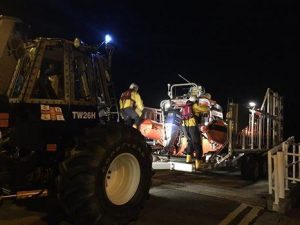 Penarth lifeboat crews carried out a night fishing boat rescue of a broken down fishing vessel recently.
Penarth lifeboat crews carried out a night fishing boat rescue of a broken down fishing vessel recently. “Anyone with an interest in coarse fishing really ought to have a look at this really remarkable property as you don’t want to end up sounding like the fisherman telling people about the one that got away!
“Anyone with an interest in coarse fishing really ought to have a look at this really remarkable property as you don’t want to end up sounding like the fisherman telling people about the one that got away!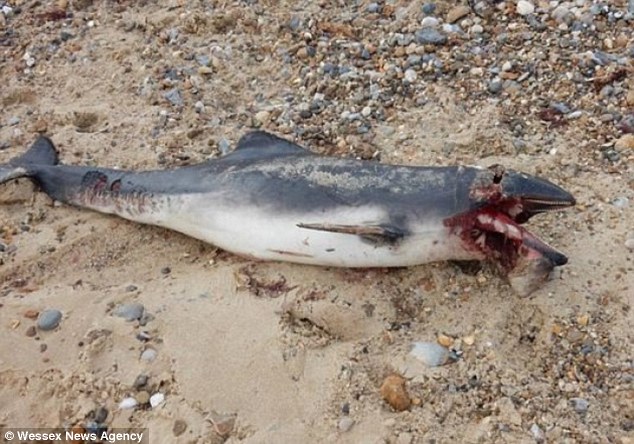

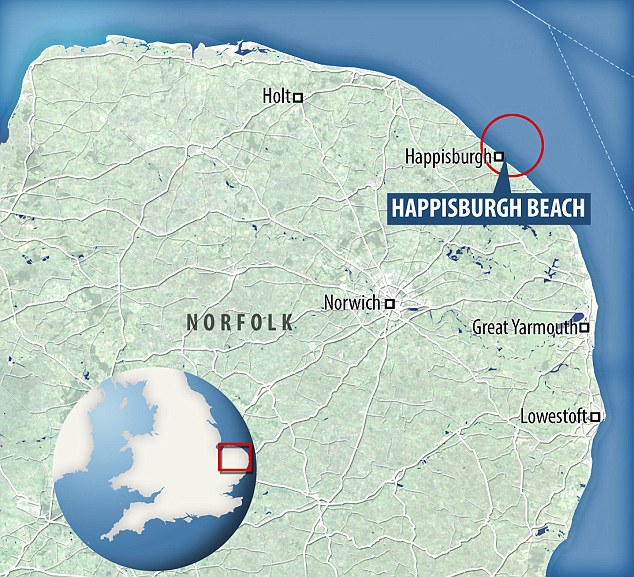
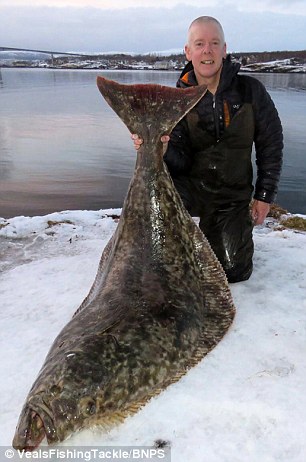
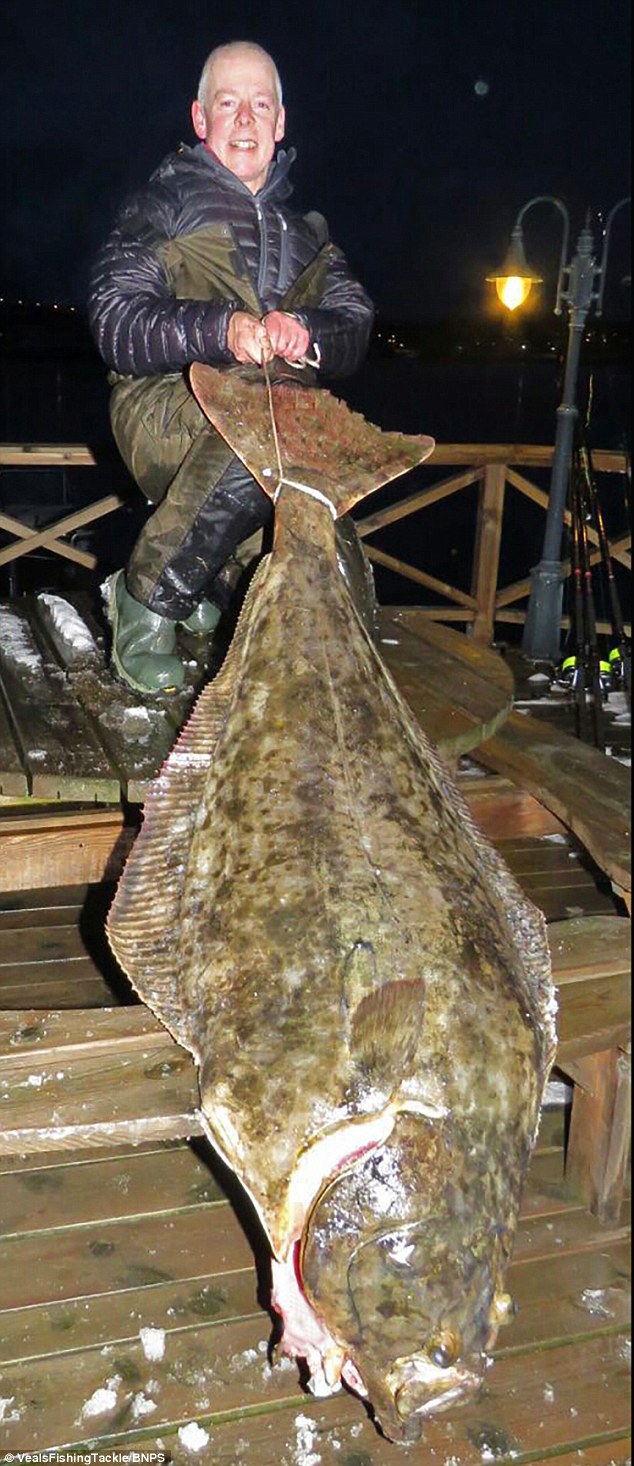
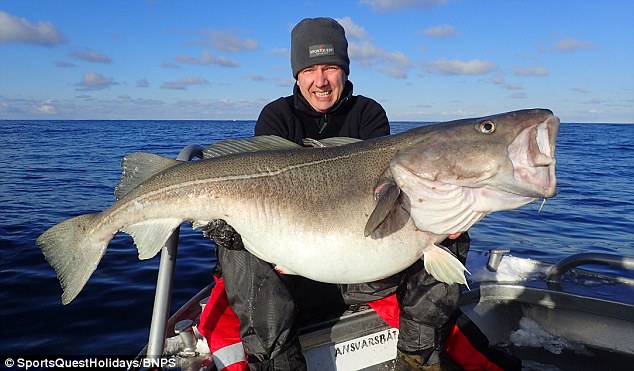

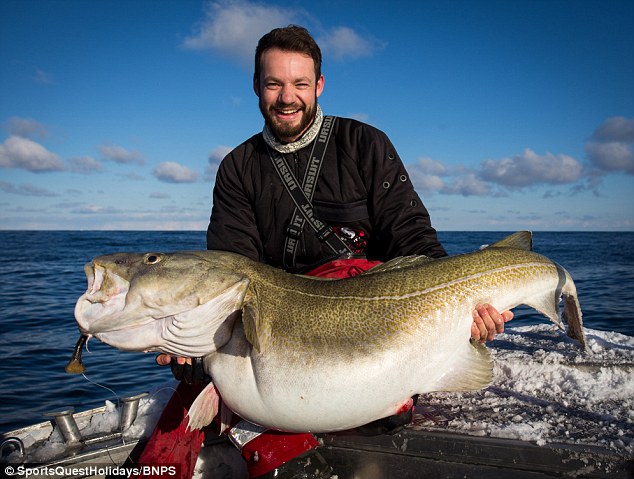

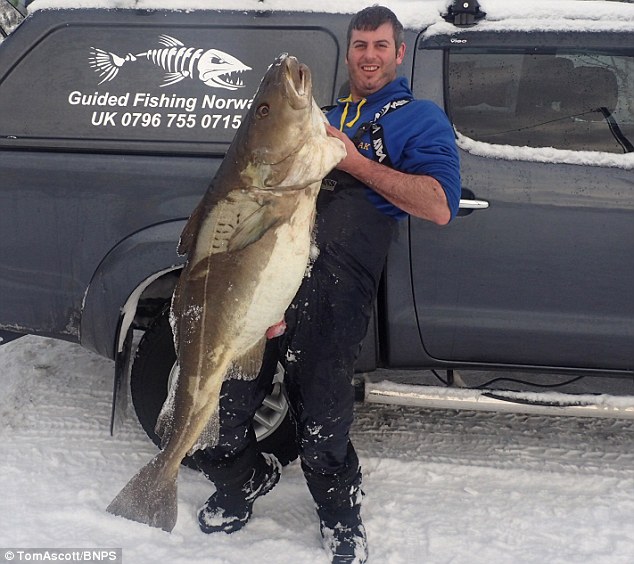
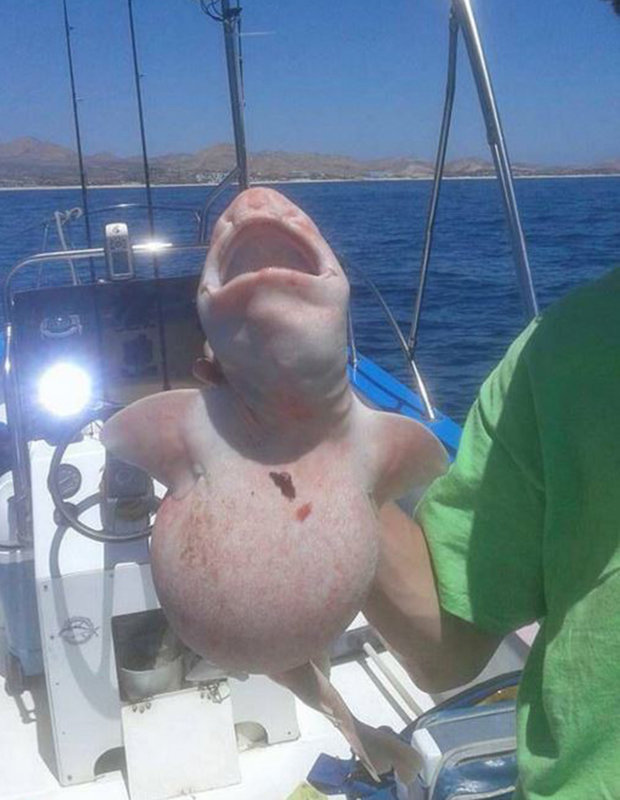
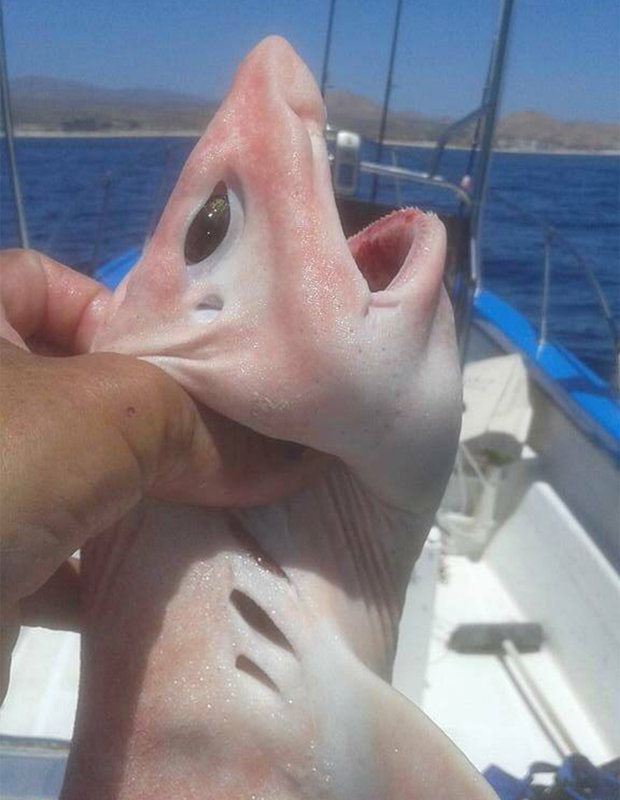
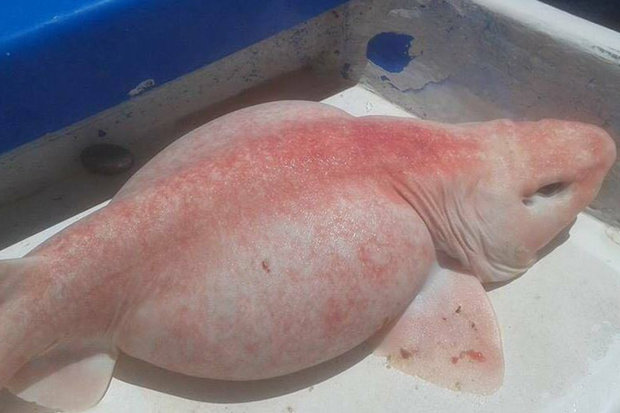







Recent guestbook entries